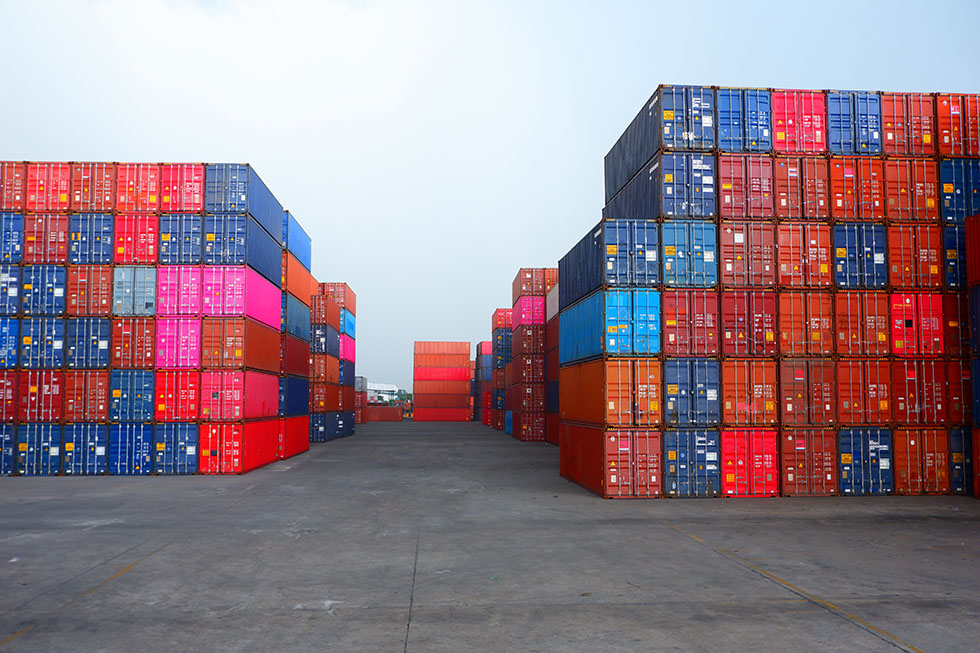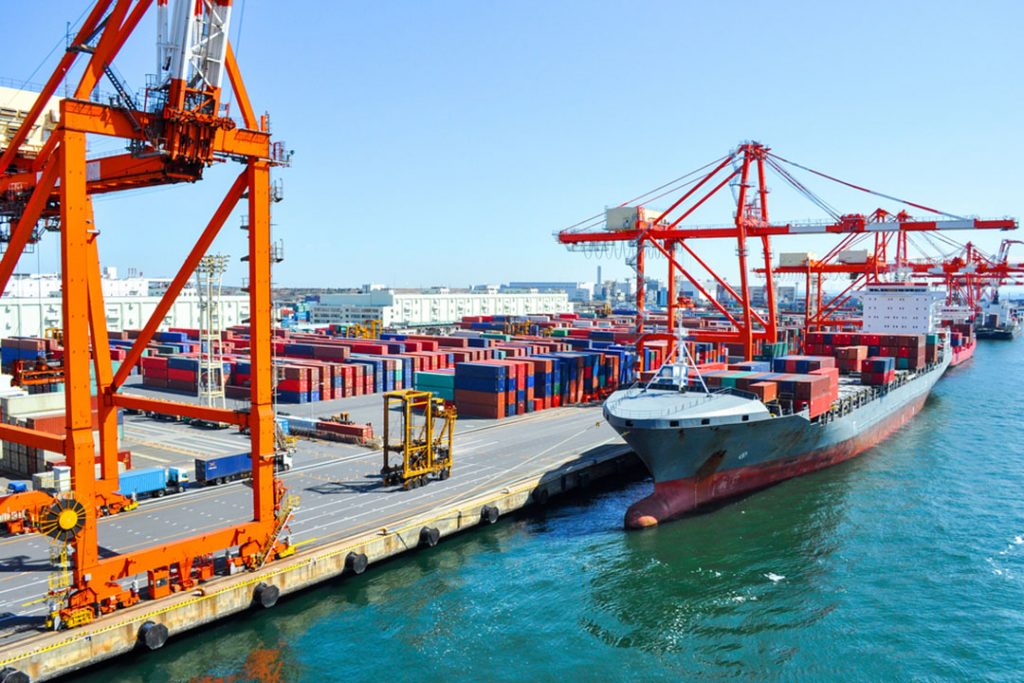
U.S. electronics recycling companies and brokers say they’re currently able to move e-plastics. | Alexey Lesik/Shutterstock
Asia remains the destination for many plastics recovered from electronics. But as buyers relocate from China to other countries, prices are down and quality and volume are increasingly critical factors.


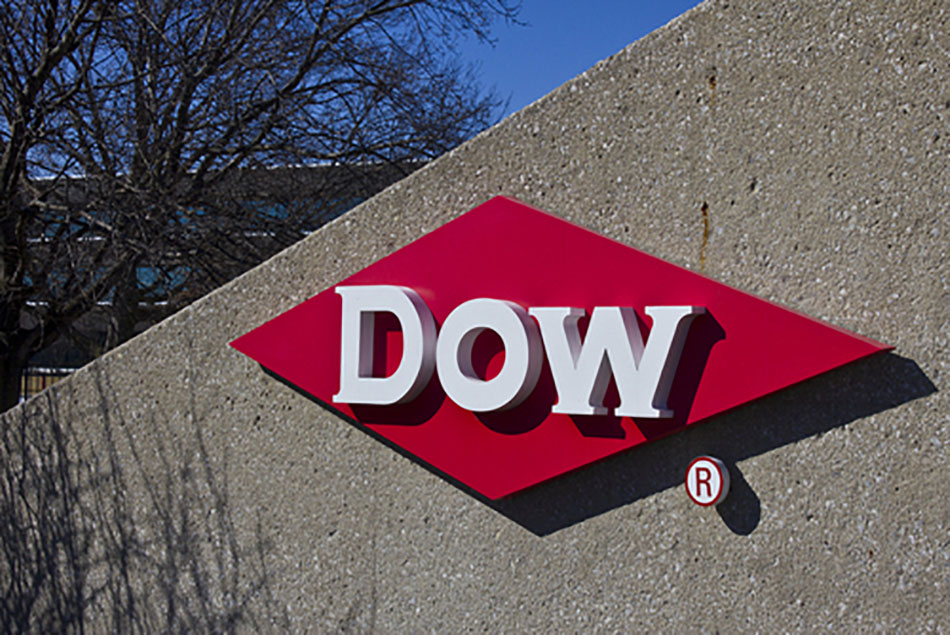
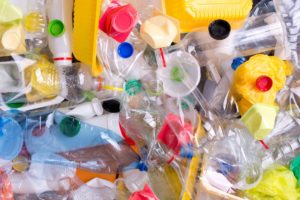 The U.S. has become a focus of investment for a small yet growing portion of the Chinese scrap processing industry. Backers of two in-development operations note they are looking for regulatory stability and a strong supply of recyclables.
The U.S. has become a focus of investment for a small yet growing portion of the Chinese scrap processing industry. Backers of two in-development operations note they are looking for regulatory stability and a strong supply of recyclables.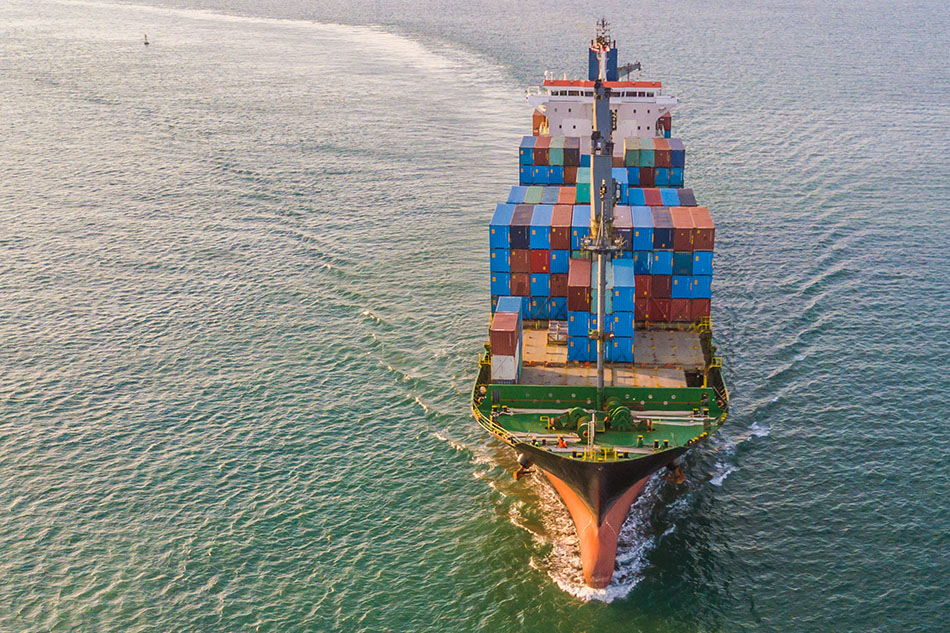
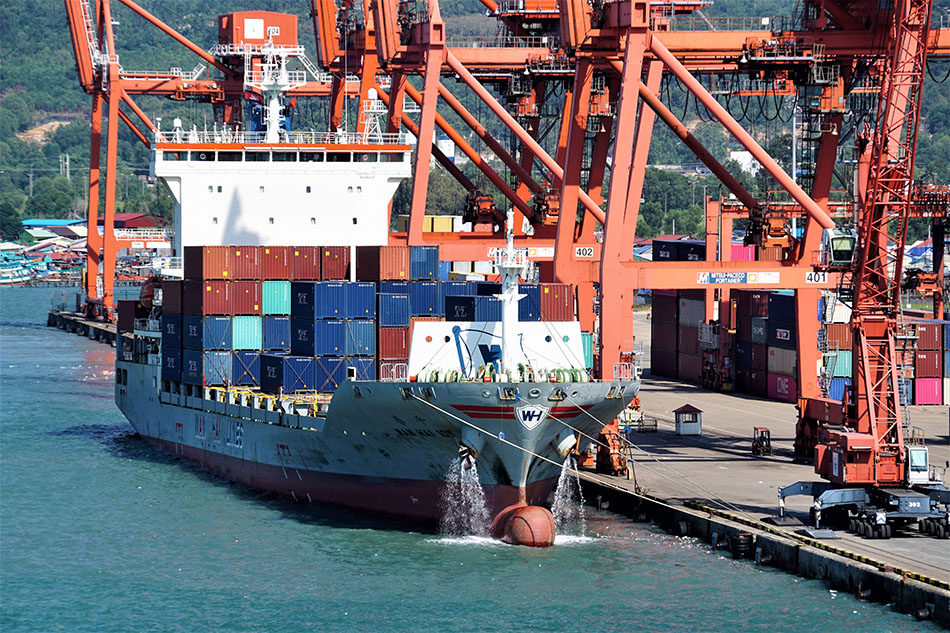
 Mainstream media seems to be intensifying its coverage of plastics management problems, a trend emblemized this week by the launch of a series in The Guardian newspaper.
Mainstream media seems to be intensifying its coverage of plastics management problems, a trend emblemized this week by the launch of a series in The Guardian newspaper.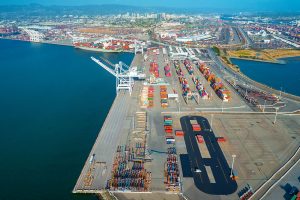 U.S. recovered plastic exports grew slightly in April, hitting their largest monthly volume so far in 2019.
U.S. recovered plastic exports grew slightly in April, hitting their largest monthly volume so far in 2019.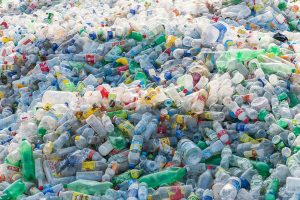
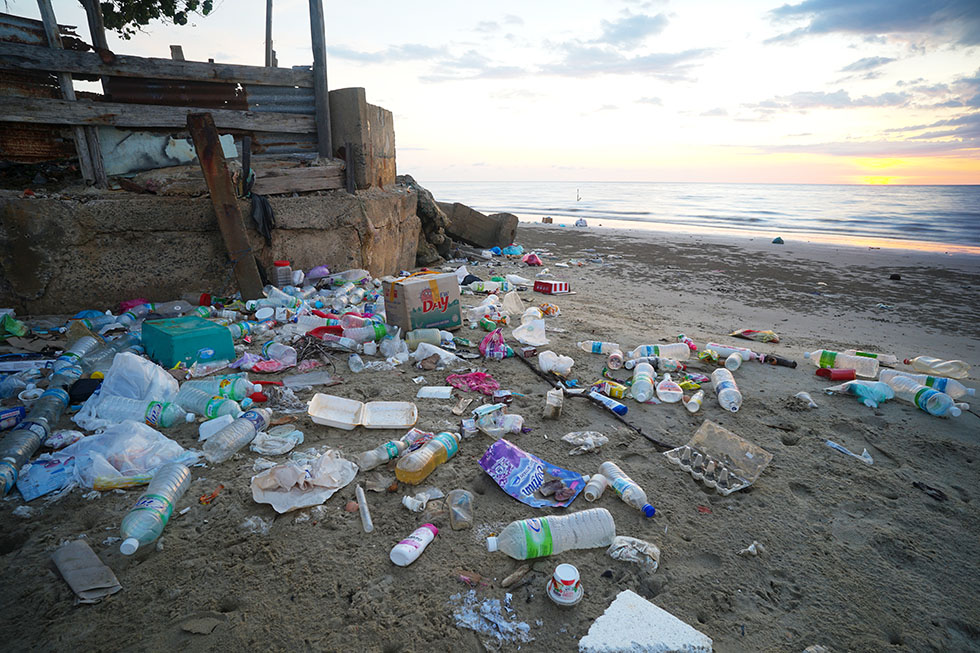 The U.S. government is using the power of the federal purse to help boost recycling infrastructure in Asia.
The U.S. government is using the power of the federal purse to help boost recycling infrastructure in Asia.